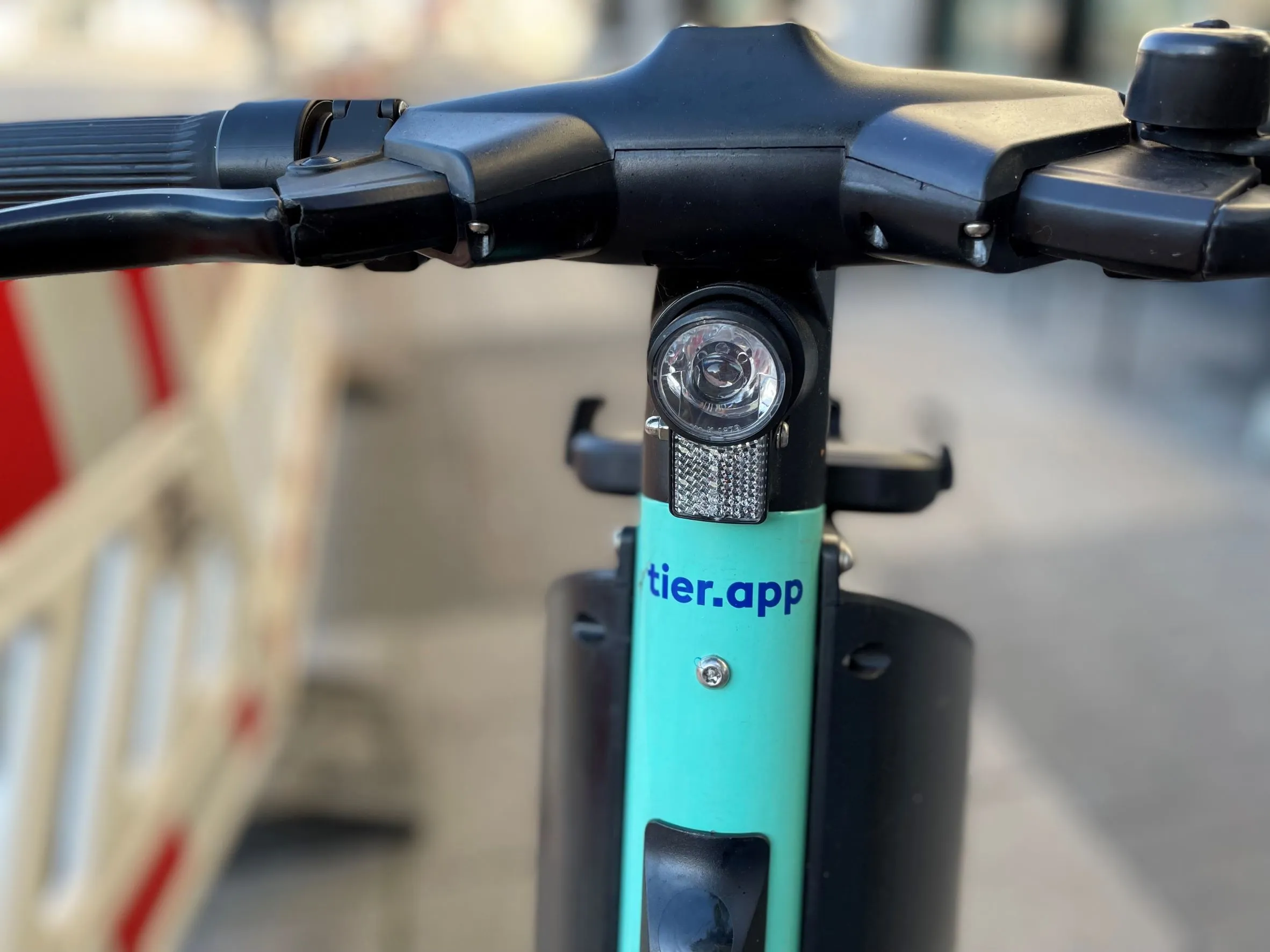
Tier Mobility is to begin rolling out e-scooters and e-bikes in the city of Ras Al Khaimah, United Arab Emirates (UAE).
The agreement with Ras Al Khaimah Transport Authority (Rakta) marks the seventh city in the Middle East in which Tier now operates.
Esmaeel Hasan Al Blooshiene, general manager of Rakta, says this was part of a plan "to support smooth mobility for all, and make Ras Al Khaimah a smart and sustainable city".
The vehicles will be introduced across 10 areas of Ras Al Khaimah, "including tourist and vital sites in the emirate".
Amir Melad, general manager, Middle East of Tier, said the service would offer residents and tourists in Ras Al Khaimah "a more environmentally-friendly and convenient alternative to seamlessly move around the city".
The e-scooters will be the Tier 5 model, whose safety features include three independent brakes, grippy handlebars, wide large tyres, in-app navigation and a bright light.
In addition, Tier says it has equipped its latest generation with signal indicators that offer 360° visibility.
The e-bikes have pedal assistance up to 25 km/h, along with a practical basket for storing luggage or shopping as well as a charging phone holder for easy navigation.
Tier uses swappable battery technology, with a local team changing units at the scooters' locations rather than having to transport them daily to warehouses for charging.
Users download the global app, which will allow them to use the service when travelling to any of the 22 countries where Tier is located.






